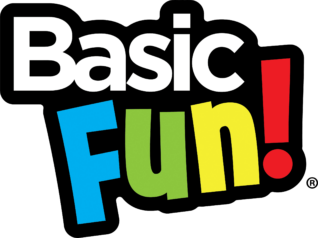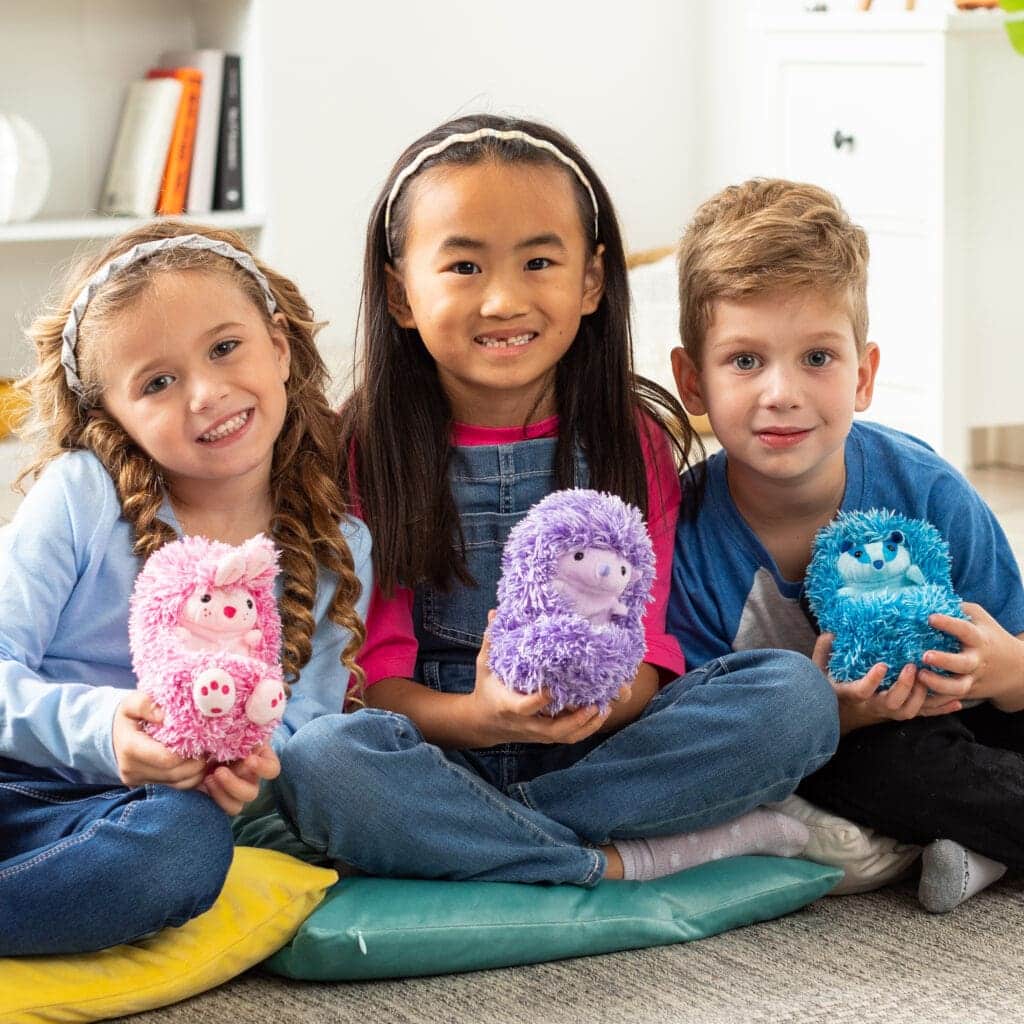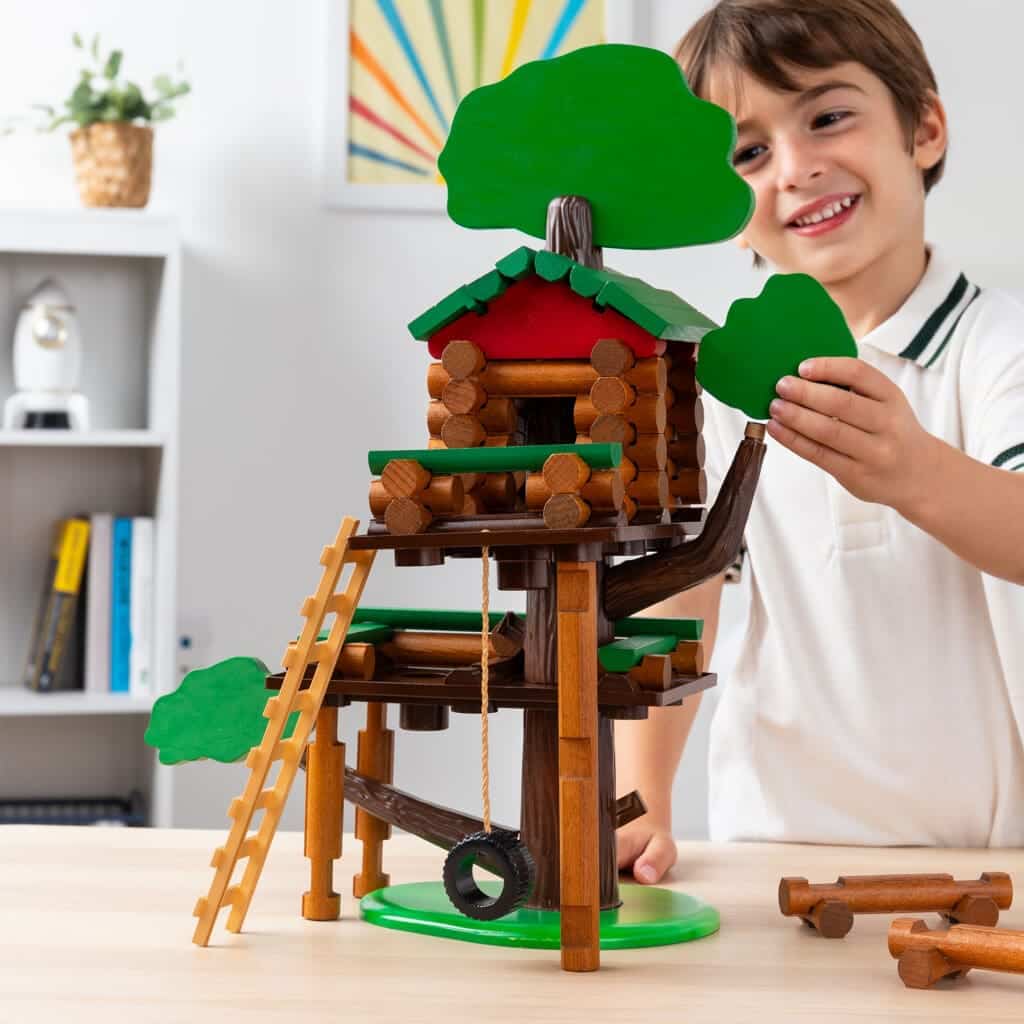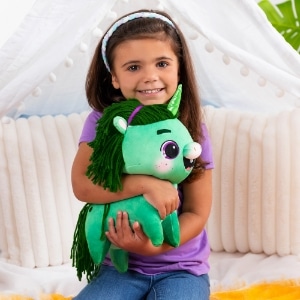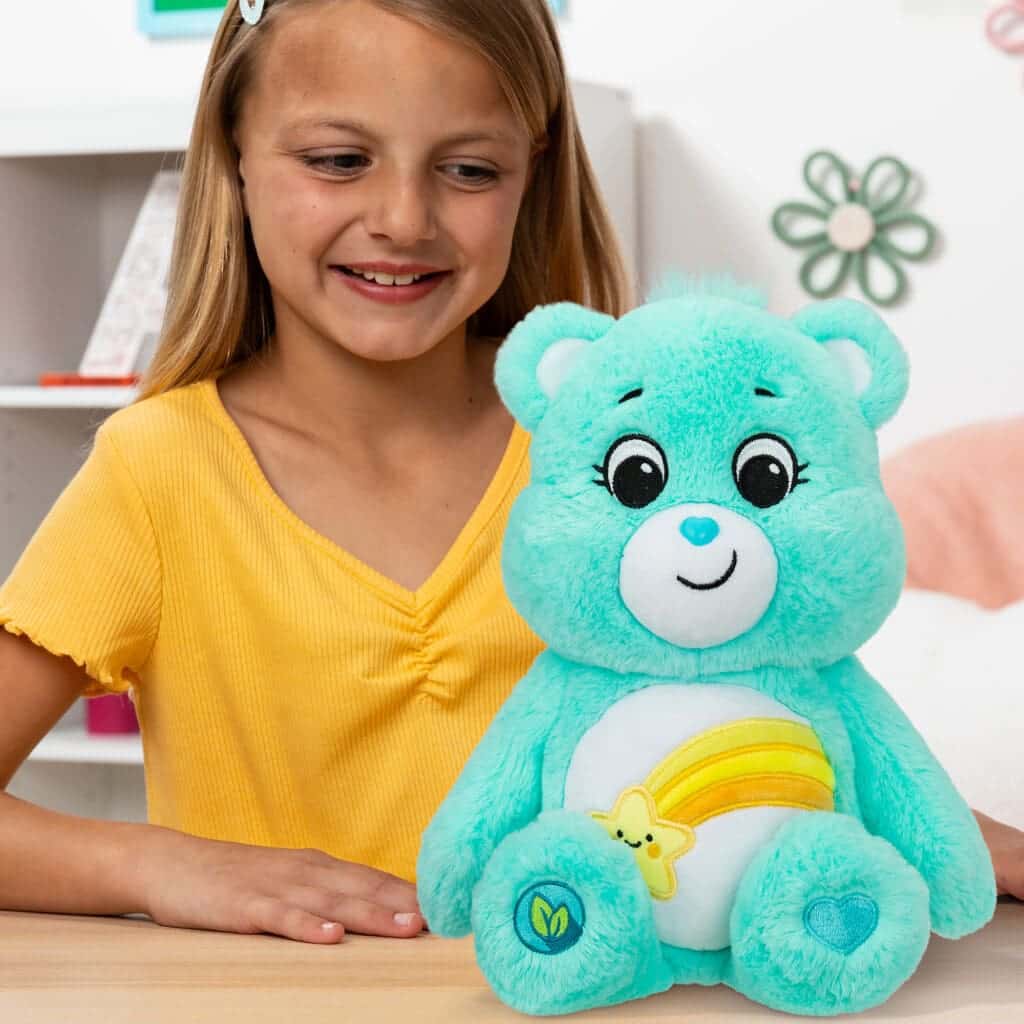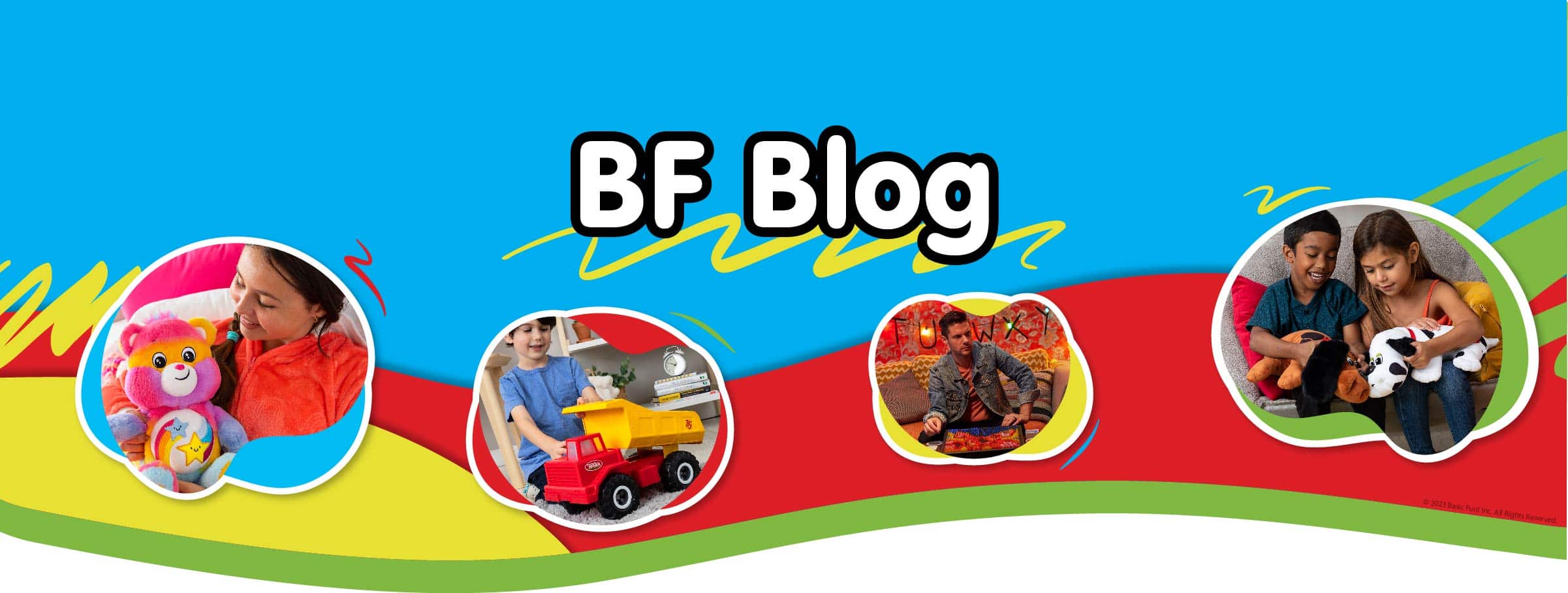
Choosing Age-Appropriate Educational Toys
Choosing the right educational toys for your child can be a daunting task, especially with the vast array of options available. At Basic Fun!, we believe that selecting age-appropriate educational toys is crucial for your child’s development. Here are some tips to help you make the best choices for your little one.
Understand Development Stages
Children grow and develop rapidly, and their needs change with each stage. Understanding these stages can help you choose toys that are not only fun but also support their development.
Infants (0-12 months): Babies learn through their senses. Look for toys that stimulate their sight, sound, and touch. Soft toys, rattles, and activity gyms are excellent choices.
Toddlers (1-3 years): At this age, children are exploring their independence and fine motor skills. Puzzles, stacking toys, and simple musical instruments can help enhance their cognitive and physical abilities.
Preschoolers (3-5 years): Preschoolers are developing their social skills and imagination. Toys like building blocks, pretend play sets, and art supplies can encourage creativity and social interaction.
School-age children (5+ years): As children start school, they need toys that challenge their thinking and problem-solving skills. Board games, science kits, and educational tech toys can provide the right level of stimulation.
Safety First : When selecting toys, safety should always be your top priority. Ensure that the toys are made from non-toxic materials and do not have small parts that could pose a choking hazard. Always check the manufacturer’s age recommendations and follow them strictly.
Educational Value : Choose toys that offer educational value. Look for toys that promote learning in areas such as language, math, science, and motor skills. For example, alphabet puzzles can help with language development, while building sets can enhance spatial awareness and problem-solving abilities.
Balance Fun and Learning: While educational toys are important, it’s also essential to choose toys that your child will enjoy. Look for toys that are fun and engaging, as children learn best when they are having a good time. Balancing fun and learning ensures that your child stays interested and motivated.
Rotate Toys : To keep your child engaged, consider rotating their toys regularly. This practice can make old toys feel new again and prevent your child from becoming bored. It also allows you to introduce new skills and concepts gradually.
Seek Quality over Quantity : It’s better to have a few high-quality educational toys than a room full of toys that do not serve a purpose. Invest in well-made toys that are durable and designed to last. Quality toys can often be passed down to younger siblings or even saved for future generations.
Encourage Creativity : Toys that allow children to use their imagination and creativity are highly beneficial. Art supplies, building blocks, and dress-up costumes can help children express themselves and think creatively. These toys also promote independent play, which is crucial for building self-confidence.
Consider Your Child’s Interests : Every child is unique, and their interests should guide your toy selection. Pay attention to what your child enjoys and choose toys that align with their passions. If your child loves animals, consider animal-themed educational toys. If they are fascinated by space, look for toys that explore the solar system and beyond.
